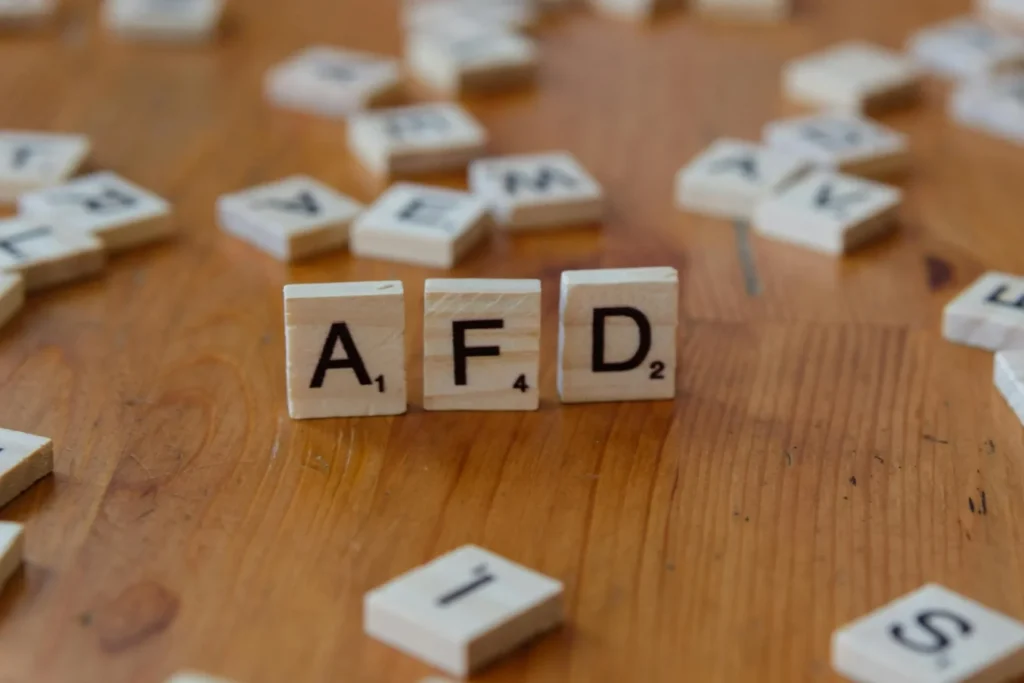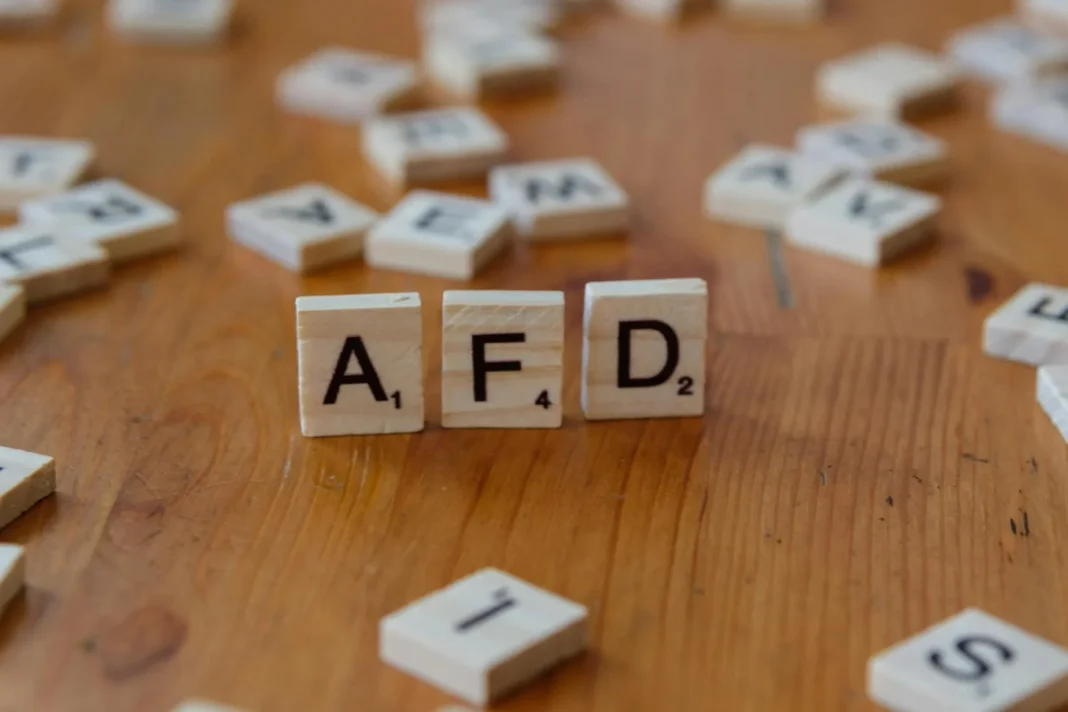
In recent years, Germany’s political landscape has undergone significant changes. One of the most alarming developments is the rise of the far right, particularly the party “Alternative for Germany” (AfD). This development not only threatens the democratic foundations of Germany but also serves as a warning signal for the European left.
Just today, young neo-Nazis attacked a festival for democracy and against the far right in Brandenburg, near Berlin. What we are witnessing is not only a highly successful far-right parliamentary party, but also the emergence of a new generation of neo-Nazis—young, increasingly militant, and taking to the streets with violence targeting queer, left-wing, and migrant communities.
The AfD: From Eurocriticism to a Remigration Agenda
The AfD was founded in 2013 as a Eurosceptic party. Over the following years, it increasingly radicalized and evolved into a nationalist, anti-migration, right-wing extremist force. In the 2025 elections, it achieved historic results, becoming the first successful far-right party in Germany since 1945[1]. With over 20 percent it succeeded to get in to national parliament for the third time. Especially in eastern Germany, it reached over 40 percent of the vote in some regions and is represented in nearly all state parliaments and local councils.
A central element of its politics is the so-called “remigration” – a euphemism for the mass deportation of people with a migration background. The party also openly calls for “Dexit,” Germany’s exit from the EU, fundamentally challenging the country’s European integration.
Strategies of Radicalization and Networking
The radicalization of the AfD is no accident. It is the result of deliberate ideological work and close networking with actors from the New Right, identitarian movements, and far-right media platforms. One example is a secret meeting of AfD politicians, businesspeople, and right-wing intellectuals revealed in 2024 by the investigative platform Correctiv[2]. There, plans for implementing a remigration agenda were discussed.
These networks reach deep into government and security institutions—including the police, the military, and public administration. In Saxony, Brandenburg, and Thuringia, the AfD is now the second or even the strongest political force – but did not yet get the chance to govern.
The “Last Line of Defense”: A New Generation of Far-Right Violence
A particularly alarming trend is the emergence of young, militant neo-Nazi groups. One of them, calling itself the “Last Line of Defense” (Letzte Verteidigungswelle, LVW), became known in 2024/25 for multiple arson attacks and assaults – especially against refugee homes and left projects. The members are often between 14 and 21 years old, organized over multiple places in Germany and weaponized. The Federal Prosecutor’s Office is investigating them for forming a terrorist organization[3].
According to political researcher and expert of the far right David Begrich (Deutschlandfunk, 2025), these young people no longer see themselves as classic skinheads but as an ideologically trained fighting unit. For them, violence is a means of self-empowerment and a way to generate media attention[4]. Begrich describes a “militarized subculture” organized in closed chat groups that recruits new members through acts of violence.
In contrast to the so-called “baseball bat years” of the 1990s, when far-right violence was often spontaneous and locally limited, today’s groups act strategically, propagandistically, and with technical sophistication. Digital tools play a central role in their recruitment and radicalization.
Legal and Political Responses
Germany’s judiciary has been slow to respond. In most cases it is late with its analysis. The AfD is currently classified by the Federal Office for the Protection of the Constitution as “confirmed right-wing extremist.” Which is the highes stage with in their ranking. Of course the AfD is going to court against this decision.
On the political level there are also discussions about a party ban. This procedure is rare in Germany. Only to parties have been banned since 1945 – one right wing, one left wing. Also this knowledge is the reason why the German left party Die Linke is hesitant toward the party ban – but strongly discussing the full campaign against the AfD and their politics.
At the same time, on January 30, 2025, an unprecedented cooperation between the AfD, CDU, BSW, and FDP led to the adoption of stricter migration policies in the Bundestag[6]. This convergence with far-right positions illustrates the pressure on the party system and how fragile the so-called firewall against the far right has become. What´s called cordon sanitaire in France is called “firewall” in german politics. Which means that no one will work with right-wing parties in parliament. Our research shows that on the local level, especially in East-Germany this is already fake news. A lot of cooperation between CDU and AfD are happening their and slowly a normalization of this dangerous extrem right partie is settling into German politics.
Protest and Civil Society Resistance
These developments have sparked mass protests. In spring 2025, thousands of people across Germany took to the streets. These were the largest anti-fascist mobilizations in decades. Young people, migrant communities, and left-wing groups played a central role.
However, this resistance needs to be organized and sustained over the long term. It is not enough to protest against the right; political alternatives must be offered that combine social security, climate justice, and human rights.
Conclusions for the Left
Germany’s situation exemplifies how far-right actors adapt their strategies, recruit young people, and exploit the crisis of liberal democracy. For the left this means building networks, promoting political education, and establishing strong grassroots structures. But it is also time for security measurements within and for our structures. We have a time where some groups are not save anymore. An effective response must be rooted locally and connected internationally. We desperately need to learn from each other and look into the developments around the world. The far right is connected and acting fast. It is time to stop them.
[1] Federal Election Authority: 2025 Election Results.
[2] Correctiv: The Secret Meeting. https://correctiv.org/aktuelles/neue-rechte/2024/01/10/geheimplan-remigration-afd-rechtsextreme/
[3] Federal Prosecutor’s Office: Press release on LVW, May 2025.
[4] Deutschlandfunk, Interview with David Begrich, 2025. https://www.deutschlandfunk.de/david-begrich-interview
[5] Federal Office for the Protection of the Constitution: Classification of the AfD, 2024.
[6] Tagesschau.de: Bundestag decision on migration policy, 30.01.2025.









